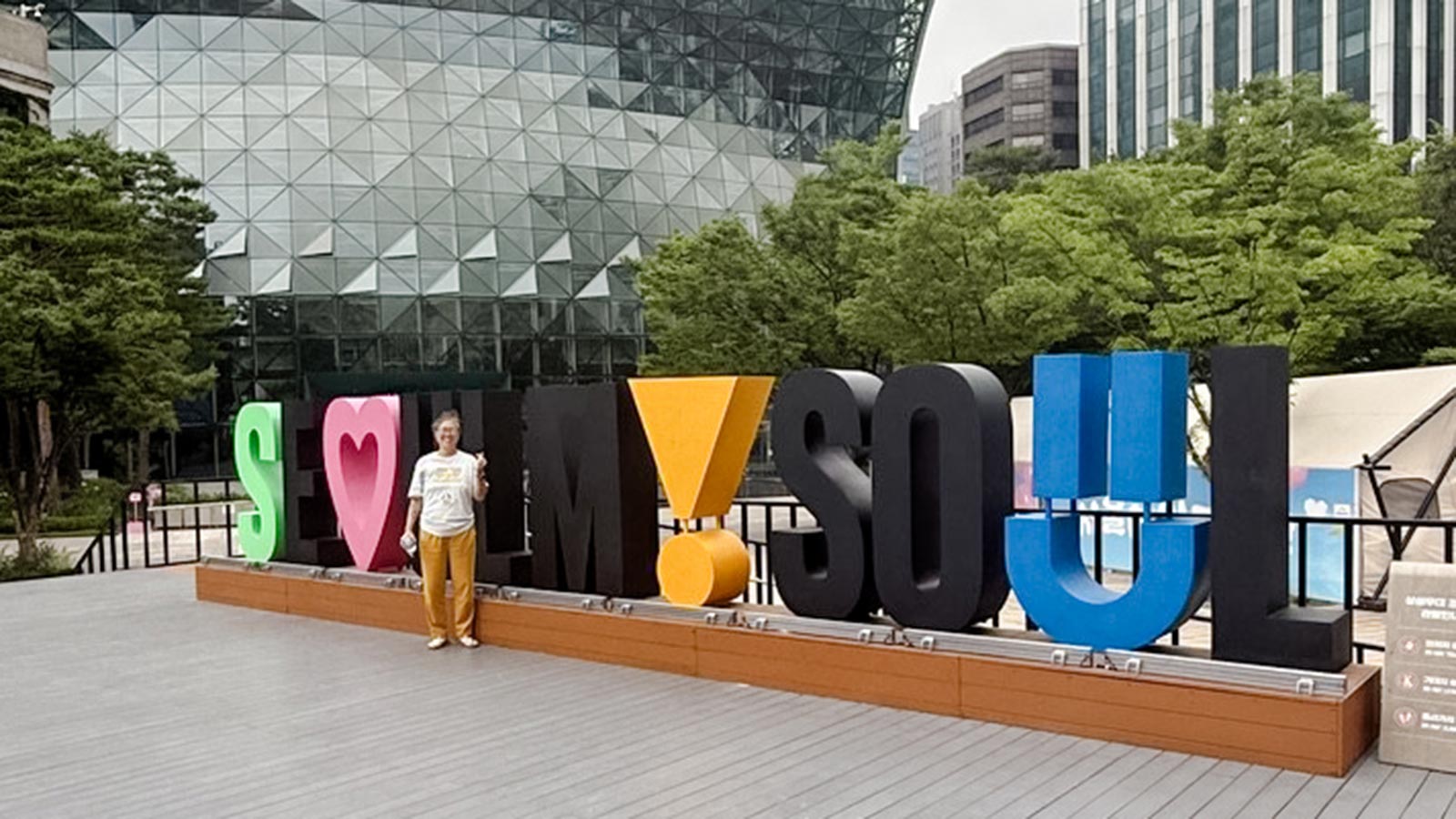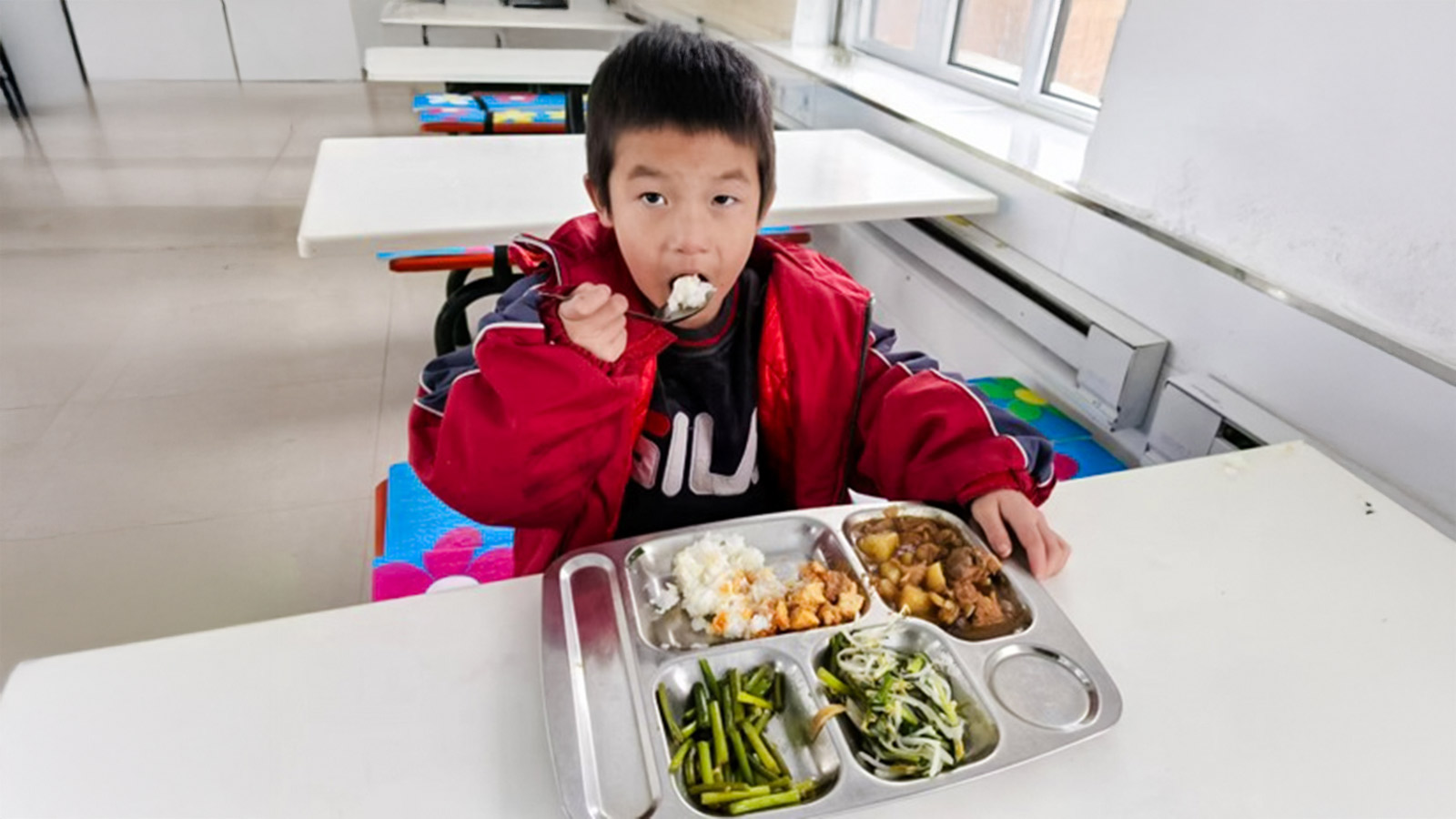Korean adoptee Susie Bechtle-Mason shares her journey to Korea through Holt’s 2025 Heritage Tour — where she found not only pieces of her past, but also a community of fellow adoptees and a deeper understanding of her story.
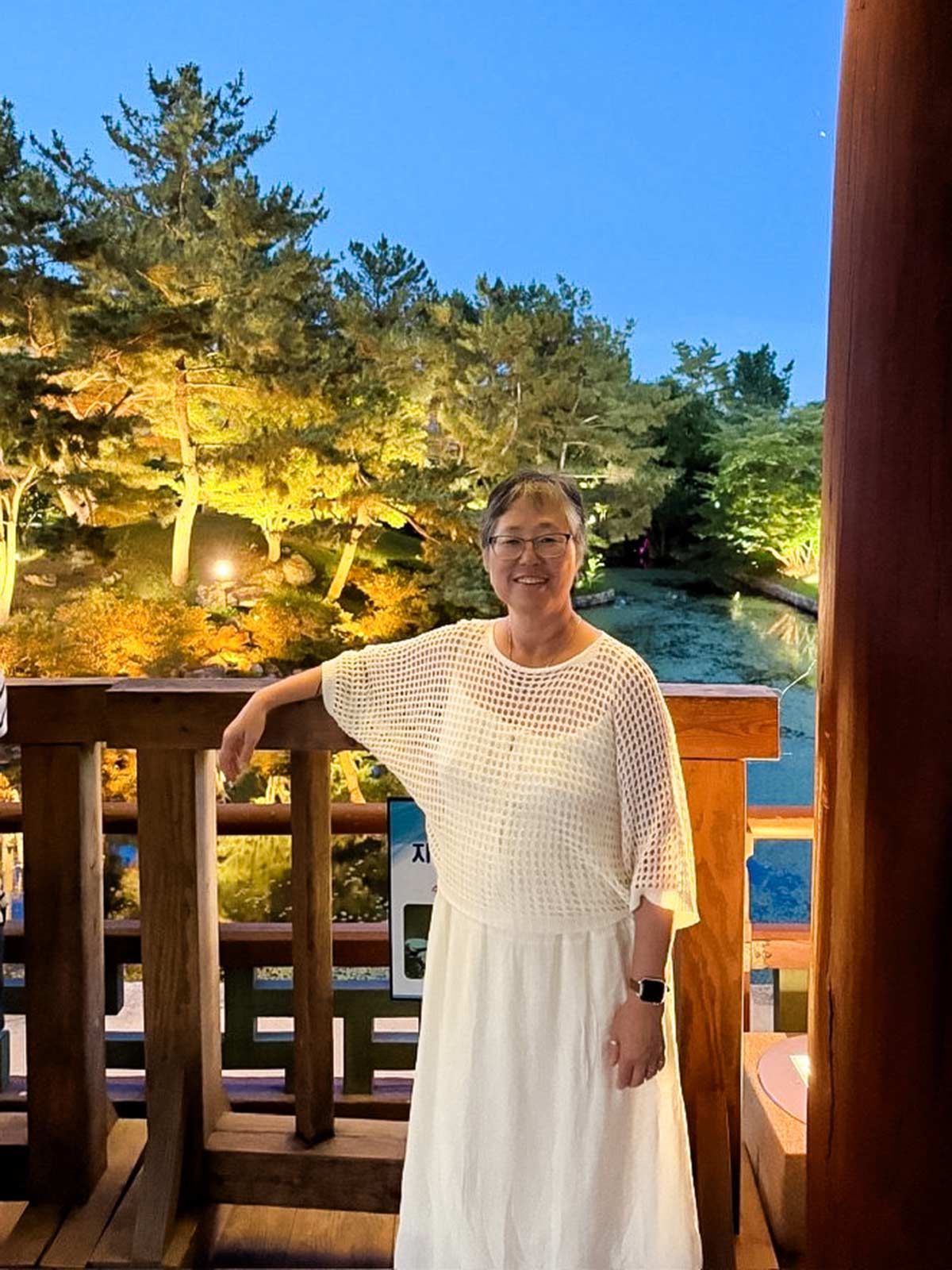
On the way home from Korea, I watched a movie called August Rush. It is one I had seen many years ago but had always loved the themes. (Spoiler alert if you haven’t seen it.) A child of musicians ends up in a boys’ home. He is always waiting for his parents to come for him and believes he hears them in the sound of the music he hears everywhere. He is made fun of for this. At some point he runs away and becomes a street musician, earning money for a bad person. He somehow finds himself at Juilliard as a child prodigy but is brought back to the street life by the bad person. But at the end he follows the music he keeps hearing and is eventually reunited with his parents at a concert in the park.
I never really understood why this movie spoke to me so much. And then I went to Korea on the Holt Heritage Tour. As a Korean adoptee I had always grown up with something that felt like a hole in my heart. It was not something I could explain. But I just knew that I was always looking and chasing after something. And when I made it to Korea, I felt this hole start to close.
It was not because I found my birth parents. That did not happen. I’m not sure it ever will. Even though I registered my DNA at the police station in Seoul (arranged by Holt). What I did find was a sense of belonging. I found some answers to questions I didn’t even know I had. I found a connection with other adoptees who had similar experiences to mine. Growing up in a city where there were few, if any, other adoptees that looked like them.
“What I did find was a sense of belonging. I found some answers to questions I didn’t even know I had. I found a connection with other adoptees who had similar experiences to mine. Growing up in a city where there were few, if any, other adoptees that looked like them.”
As I wrote in my blog, I had a popcorn moment. The Chinese and Korean way of making popcorn involves heating up kernels in a small metal popcorn container until it’s hot enough. Then releasing the steam and allowing the corn to pop all at once into a bag. I felt like my questions and pent-up emotions exploded and popped while on this trip to Korea.
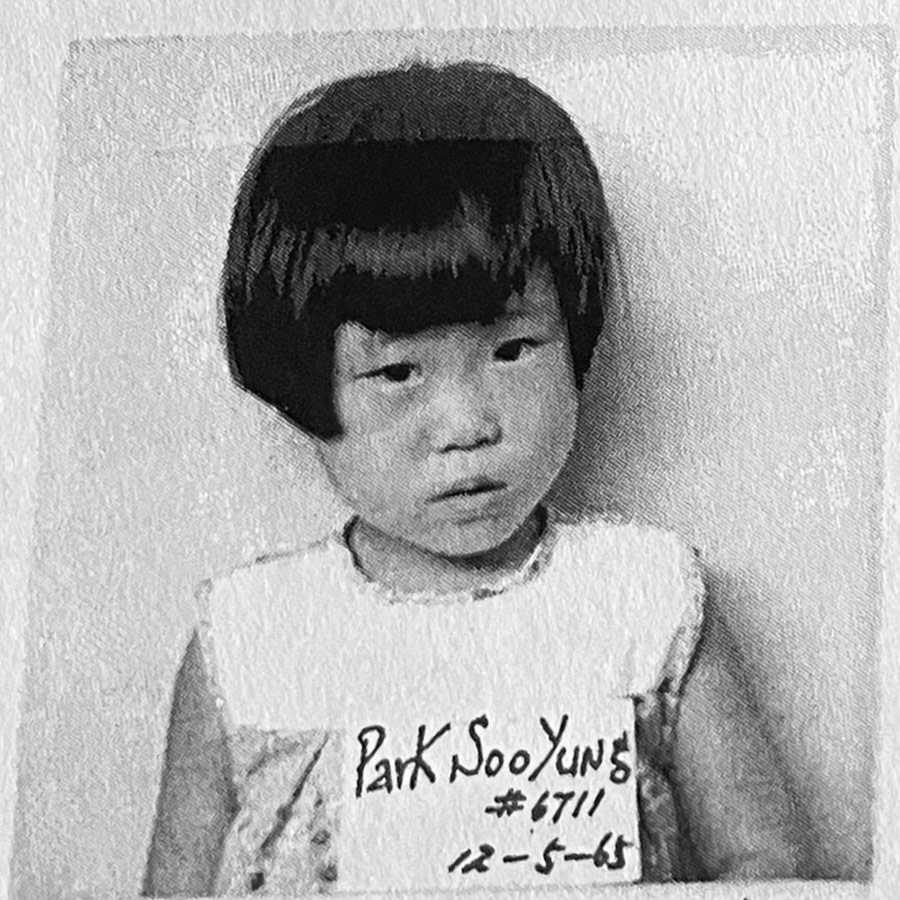
All of the fellow adoptees on the trip had searched for these answers. Some starting the search early in their lives, others like myself beginning this journey of discovery much later. However, even though I was not actively looking as a young person, I always wondered about my birth family and my country of birth. My adoptive parents were not bad people, but they were different from my birth parents and didn’t ever fully understand the difficulty of being a Korean child in America. I knew this. I was reminded constantly because I did not look like any of my family members. I did not have the same color hair or skin. Other children were cruel at times and made fun of me. And although I know now that much of that was a learned racial ignorance that came from their parents, it still hurt.
I knew I did not feel like I belonged where I was. Thus, this journey. I tried to fill my heart hole with friends, family members, marriage, work, my own children, books, hobbies, etc. And although all these things provided something temporary, there was always something missing.
After I had my girls, I realized I had something all “my own.” Children who looked a bit like me. Had features like mine. Skin like mine. Hair like mine. As I fell in love with these girls, I started wondering how my birth mother could have made the decision to abandon me. But I was busy and my children needed me, so I just paused these questions.
However, as the feelings of abandonment and loneliness kept coming up for me, I went through intensive therapy. I started reading books about Korean adoptees such as “The Seed From The East,” an autobiography of Bertha Holt who — together with her husband, Harry Holt — started the Holt adoption agency which I was adopted through, and “I Wish For You a Beautiful Life,” which was a compilation of letters from birth mothers to the children they had given up for adoption. And articles such as “The Surprising Facts Behind Korean Child Abandonment,” which was published in the Huffington Post in 2017, “The Value and Meaning of the Korean Family,” published by the Asia Society, and “Group Resists Korean Stigma for Unwed Mothers,” in the New York Times.
It was through some of this research I started hearing about how difficult it was for young unwed mothers in Korea. And even if they were married, if they were poor, if they had a girl, they might give her up in hopes of having a boy. Even to the point that the baby could be thrown away. I was told by my adoptive parents that if I had been in an orphanage at five, I could possibly have ended up on the streets, so I needed to be grateful that I was adopted.
I did find out on this trip that the “aging out at five” was not true. However, Korea was not ready to handle all the babies and young children that were abandoned since the Korean War. This was the start of international adoptions. If Korea wouldn’t accept these children domestically, there were families in other countries wanting a child and willing to accept a foreign child.
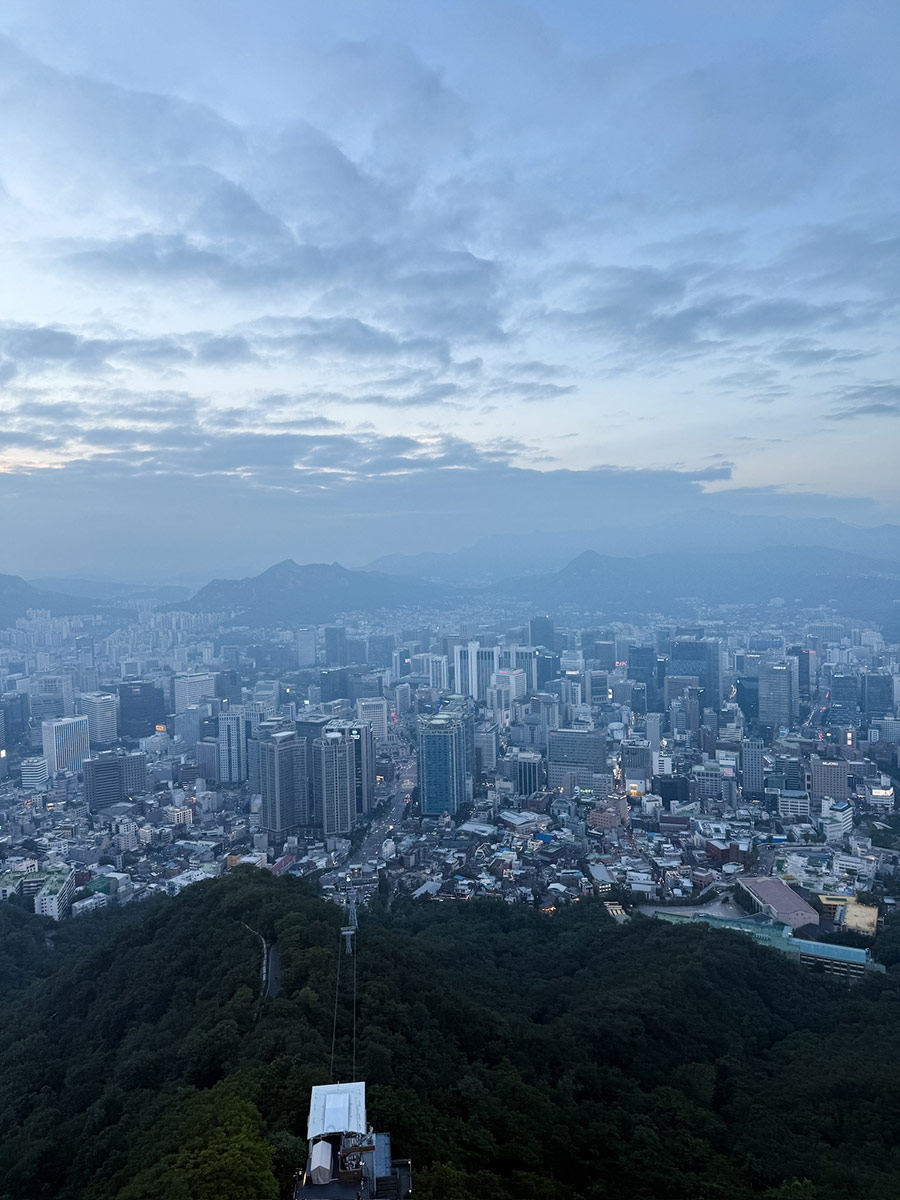
Post adoption services are critical, but when an adoptive family does not understand or is not willing to recognize the need for this support system, it creates an angst that the child must contend with. This angst caused the hole in my heart to continue to grow. In the book “The Body Keeps the Score,” Bessel van der Kolk talks about how post-traumatic stress disorder (PTSD) impacts the body both physically and emotionally. Abandonment, moving multiple times in my formative years, and learning different languages and cultures were all things that caused trauma for me. I know I have experienced what trauma does to the body firsthand. Including unhealthy attachments because I was always chasing after love.
So, at the recommendation of my counselor, I wrote my own origin story. One based on my research. I also got a tattoo that said beloved daughter. I got this as a reminder that I know in my heart my birth mother loved me. And there was also never a time when God had not loved me, even when I ignored Him and walked away. I was always loved.
With this, I realized that the next step of the journey was to go back to Korea. To see if there was anything that I would connect to. And that opportunity came when I saw an email from Holt International in September of 2024 announcing their Holt Heritage Tour in 2025. With the sale of our home in Oregon and move to Texas, there was a lot going on, but my husband and I also realized that I wasn’t getting any younger and this might be the best opportunity for me to go. I put my deposit down and started blogging about my feelings leading up to this next step in my journey.
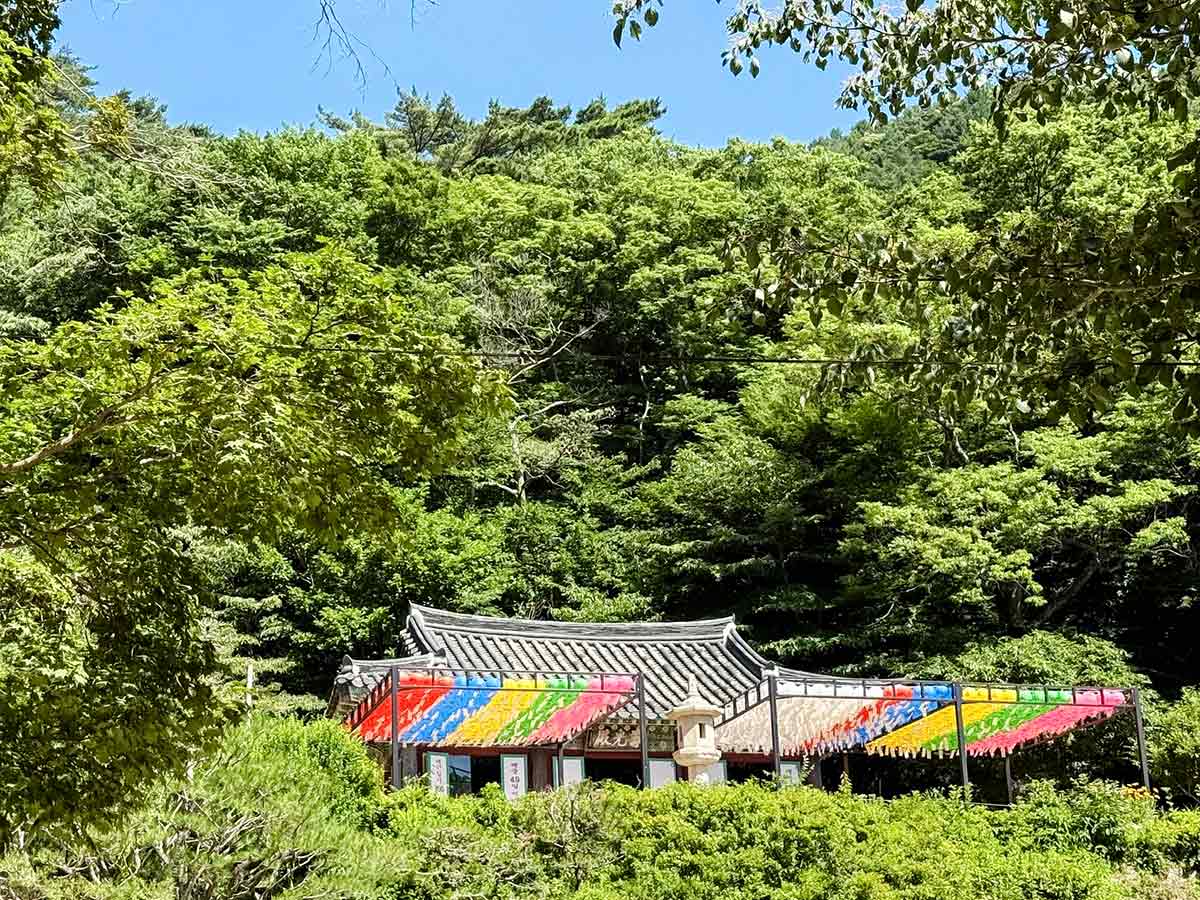
I did not immediately remember things when I got off the plane in Korea. Nothing looked or smelled familiar or like home.
What I did find, were some answers to questions that I didn’t even know I had. Answers that started to fill that hole in my heart. And then as I talked with the other Korean adoptees on the trip, I found that hole getting smaller and smaller. These fellow adoptees who may have had different journeys, but all found ourselves in Korea at this exact moment.
“What I did find, were some answers to questions that I didn’t even know I had. Answers that started to fill that hole in my heart.”
The emotions I felt just walking up to the Holt Korean Agency in Seoul. Those emotions were leaking out everywhere and I didn’t even know why. But having the hands and arms of other adoptees come around me to hold me, letting me know they understood, and it was ok was like having a family. It was the heaviest of days.
Even though there was precious little in my file, just hearing a post-adoption social worker provide some explanations filled the hole up further. Learning the name Park Soo Yung (박수영) was very likely given to me by my birth mother. And realizing that the birth story I had written, was possibly very close to the truth. That my birth mother loved me so much that she made a sacrificial decision. Decision filled with hope and trust that I would have a much better life than she could provide all just continued to fill that hole in my heart.
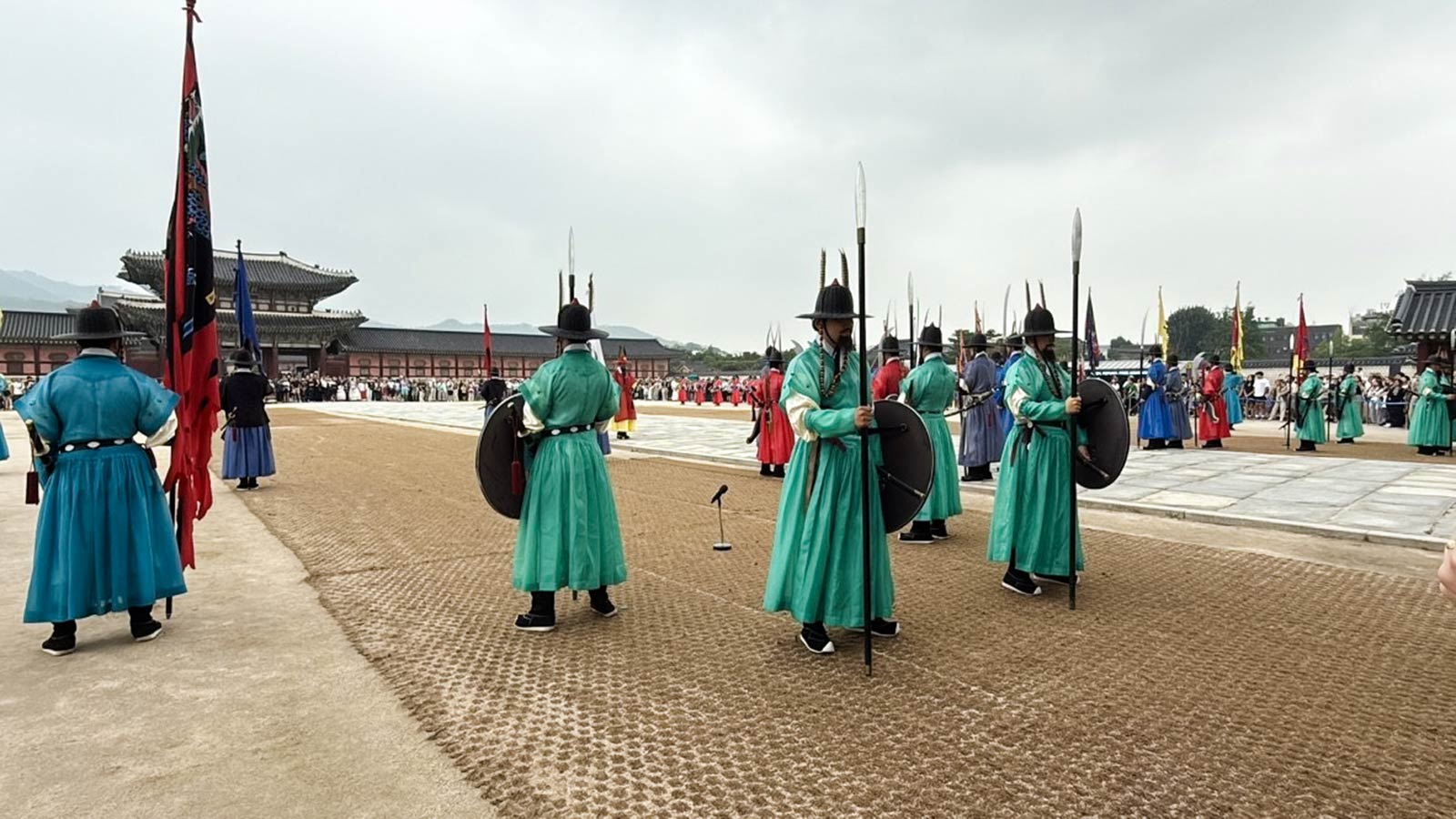

We got to visit different temples and learn about the history and culture of Korea and the different dynasties as well as the Korean War from our awesome tour guide.
I went to the top of Seoul Tower with a group of 10 others. Most people that know me will not be surprised that I got us a little lost on the way back. Or like my dad used to say, we took the scenic detour. We even saw the love bugs that were in the news and NO, we did not love them. But we did see the love locks as well. There was even a couple in our party that put a lock on.
Going to the Holt Ilsan Center was also full of emotion. This was where I stayed from September of 1969 to April of 1970 when I came to the US. On the wall was a picture of Harry Holt, made up of hundreds or thousands of pictures of adoptees. I also got to see a picture of what the building I likely stayed in looked like at that time.
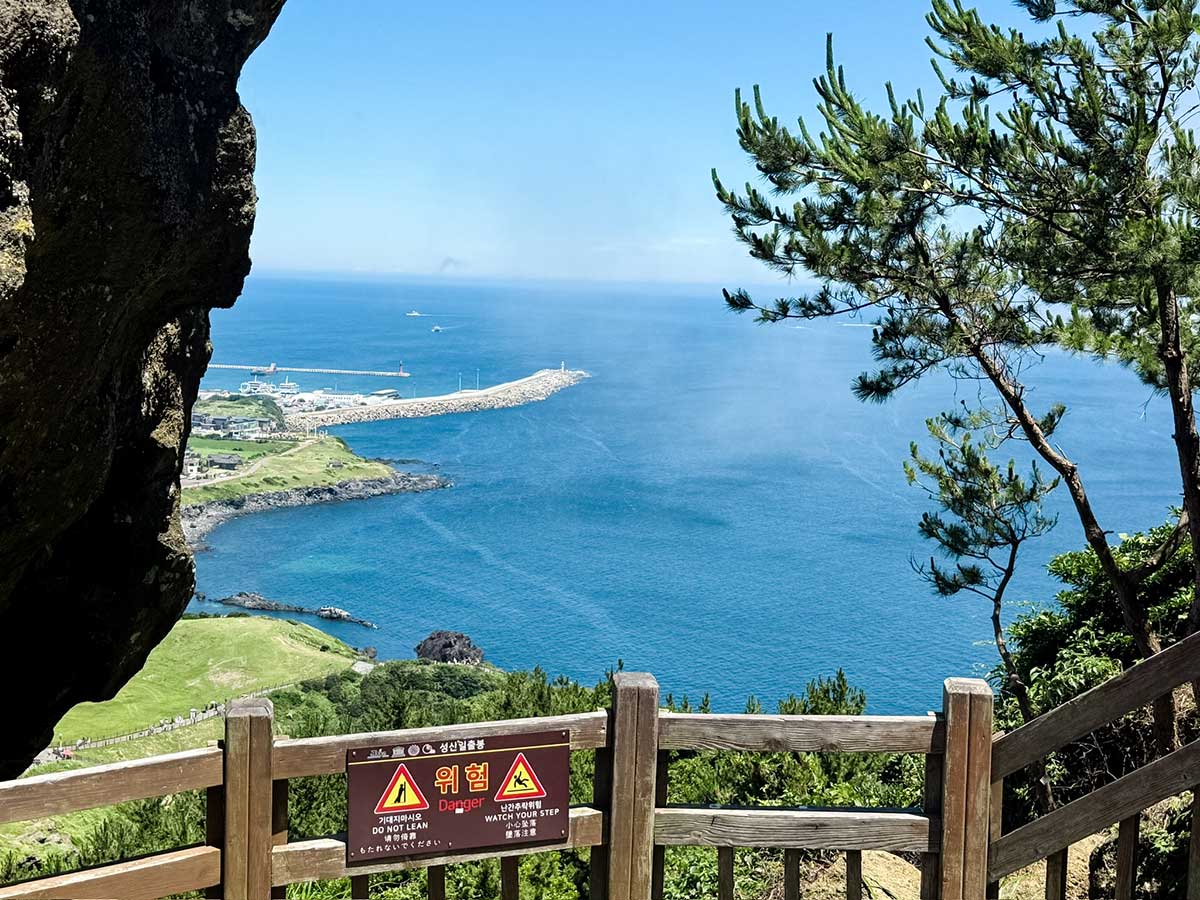
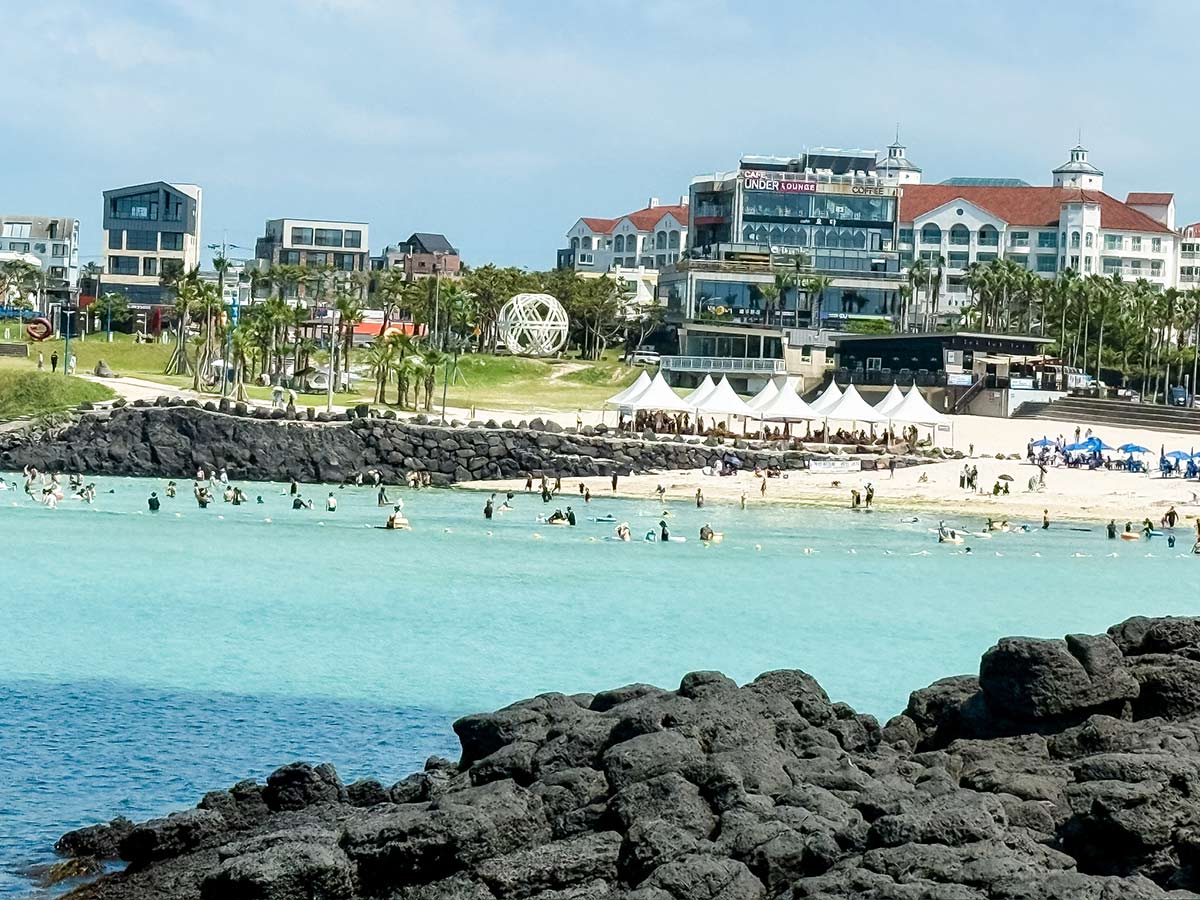
Jeju Island, which is like the Hawaii of Korea, is beautiful and very tropically hot. Not only was there a beach, but there was a climb to the top of Sunrise Peak as well as exploring a lava tube. The lava tube was 20-30 degrees cooler. But the hike made up for it. I was soaked by the time I got to the top. We were blessed to have sun the entire time we were on Jeju Island. Something that isn’t a guarantee this time of year.
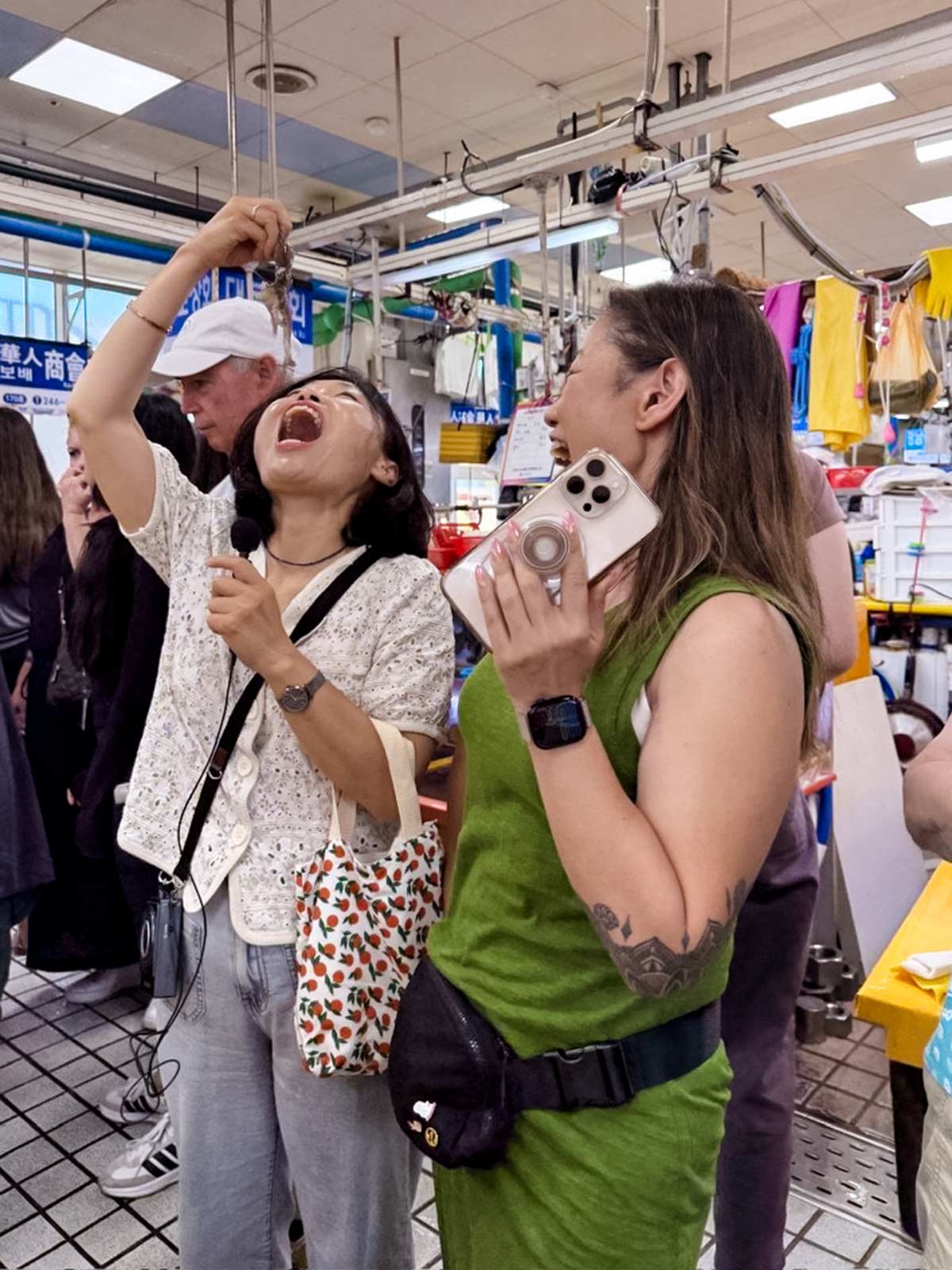
Seeing the site of the orphanage in Busan where I spent the first 3 years of my life made me feel like I was back in Oregon. I blogged about seeing the reindeer outside of this orphanage. Putting my feet in the water in Busan and seeing the fish market (no, not my favorite) were all experiences I appreciated. Many did try the live squid. I may or may not have tried it. I wished I had more time here.
We got to visit another temple in Gyeongju and learn more about the history and culture of Korea as well as see some ancient tombs.
Probably one of the most meaningful experiences happened at the Holt Morning Garden women’s shelter in Daejeon. We got to hear the amazing story of the work done at this facility as well as celebrate their 20th anniversary. This was also where I got to visually see my name painted in calligraphic Hangul on a fan. And because I had received the blessing of owning my name and then learning the meaning of my name, another part of the hole in my heart was filled.
It was a very sobering moment to visit the DMZ. To see what humans are capable of doing to each other.
Attending a baseball game was a very unique experience. They have cheerleaders and cheers and the fans know them all. It was like being at a concert for hours. Apparently they like their fried squid about as much as Americans like their hot dogs.
I also loved wandering around and seeing the sights and sounds of Seoul and taking it all in. Oddly enough, on the last day, I actually had another foreigner ask me for directions and I was able to help her. So it’s like I’m almost a native.
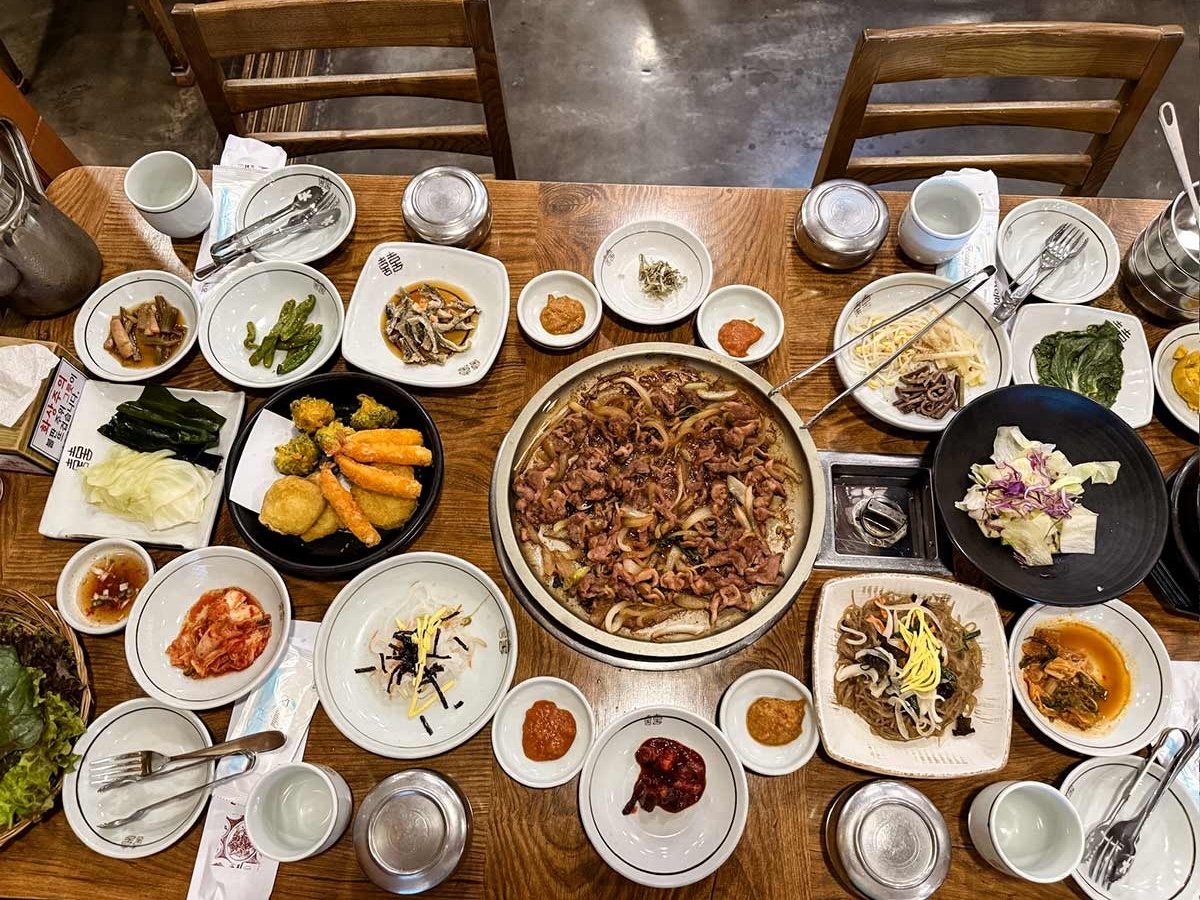
And the food. If I ever had any doubt I would not like the food or might not have enough, it was clear on day one that would not be an issue. So much Korean BBQ, rice, kimchee and all the other side dishes including a favorite Japchae. And it was all family style, just like I wondered about before coming on the trip.
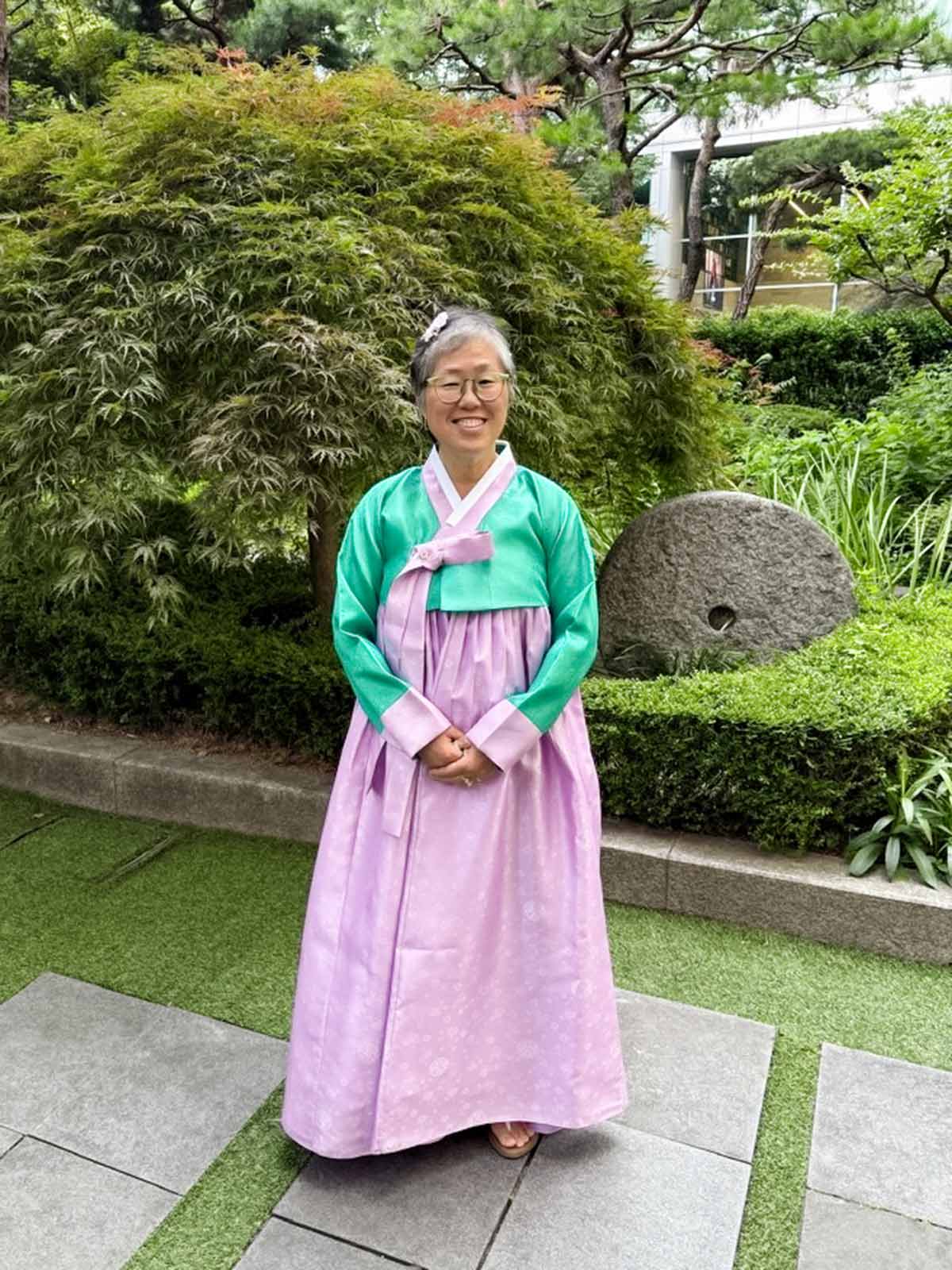
However, the pieces that are making me feel like I am returning home as a whole person are the precious friends I have made. Lifetime friends who have the common bond of being adoptees from Korea. Some have found their birth families, many have not. But we found each other. And even though they don’t replace my adoptive family or my birth family, they add to that family. And for that I am so grateful. Seeing all these lovely people in their hanboks at the final dinner was amazing.
So, I go back to August Rush. The sound of the New York Philharmonic orchestra. Where all the musical instruments and sections have a part and without each one, the music is missing something. This boy found his family. My life has been a symphony. One that God has orchestrated and one where every single part of the journey has brought me here and let me know that The Detour really was the road to this place where I have started to feel whole and healed.
Susie Bechtle-Mason | Lago Vista, Texas
Read Susie’s further reflections on her trip to Korea in her blog “One Korean Adoptee’s Heritage Journey“

Did you know our team provides support to all Holt adoptees?
Every adoptee has a unique and complex life experience. Our team strives to support all Holt adoptees, by providing help with birth search, citizenship and more.
